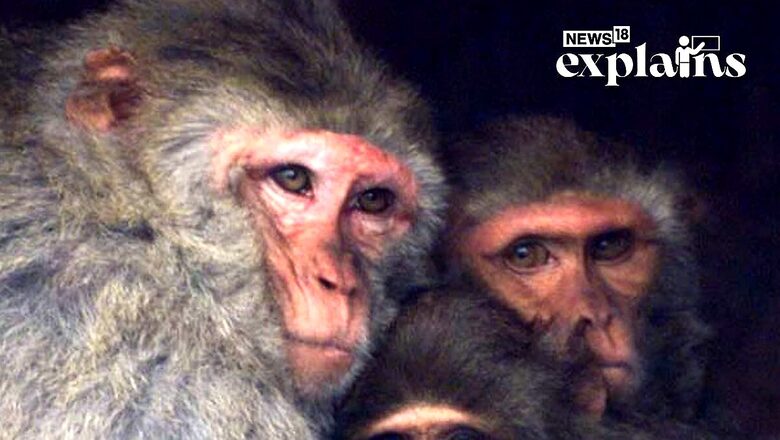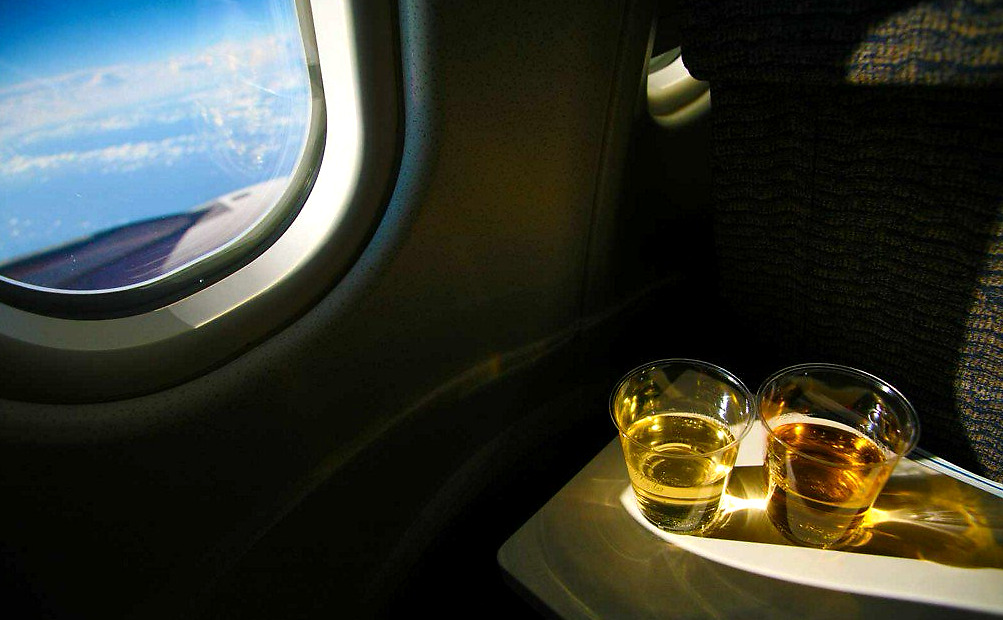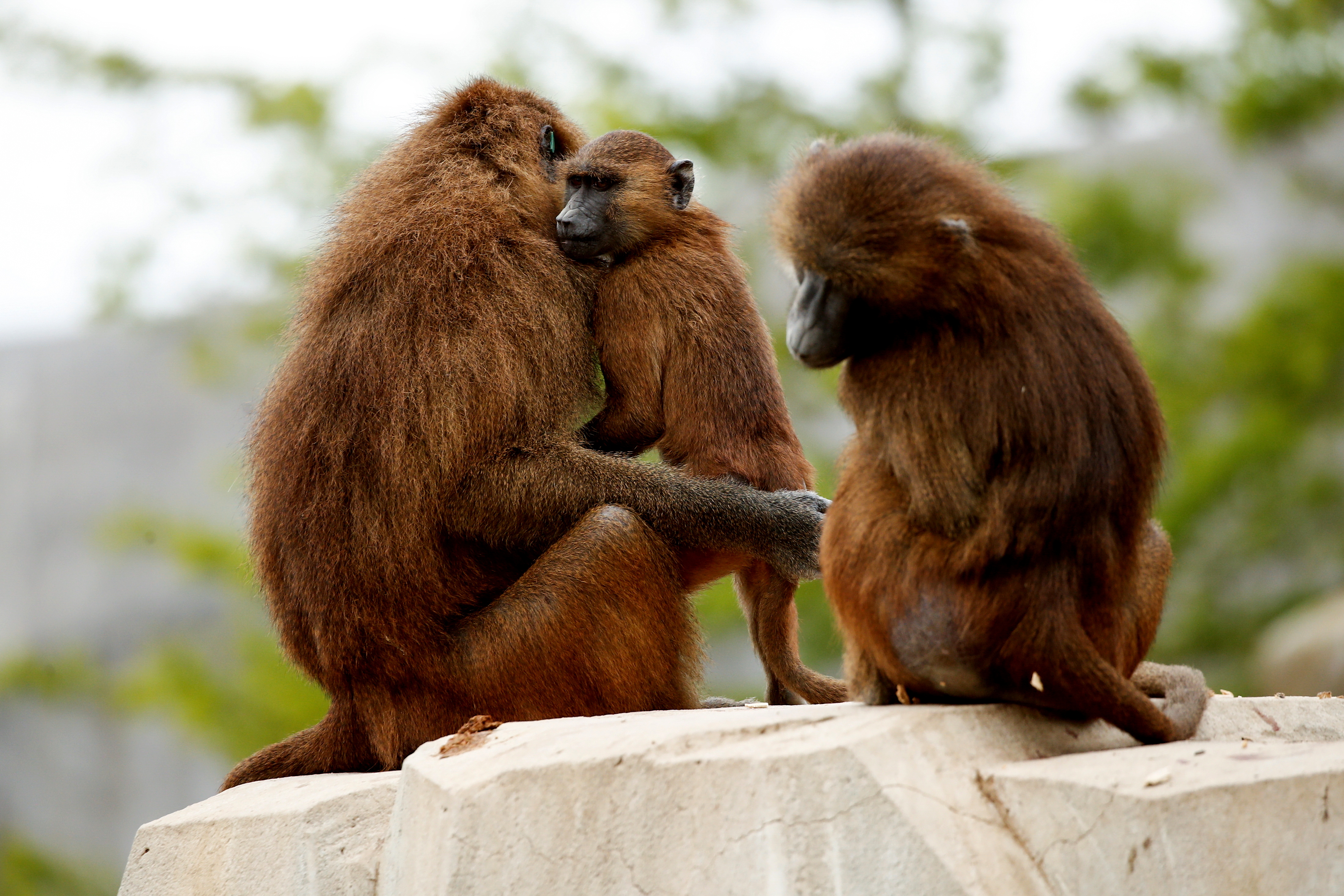
views
Air India on Monday morning deboarded an unruly male passenger who caused physical harm to two cabin crew members onboard a Delhi-London flight, which returned to the national capital shortly after departure, according to the airline.
The passenger was handed over to the security personnel after the flight AI 111 landed at the Delhi airport and an FIR has also been lodged with the police, the airline said. “Not heeding to verbal and written warnings, the passenger continued with unruly behaviour including causing physical harm to two of the cabin crew members,” the airline said in a statement.
The aircraft which took off for London Heathrow returned to the national capital shortly after departure “due to the serious unruly behaviour of the passenger”. The pilot in command decided to return to the Delhi airport.
In recent times, there have been various incidents of unruly passengers onboard domestic and international flights. In another recent incident, a 45-year-old Italian woman passenger allegedly punched a crew member, spat on another staffer and stripped on board a Vistara flight to Mumbai from Abu Dhabi after she was stopped from entering the business class. There have also been other incidents involving drunken behavior, inciting debating into whether alcohol should even be allowed on flights.
Alcohol consumption was considered one (or perhaps the only) form of in-flight entertainment in the absence of Wi-Fi, smartphones, tablets, and other forms of digital technology.
However, with the first introduction of economy class seats on transatlantic flights, the exclusive feel and glamour of air travel began to fade. Airlines were required to offer only coffee, tea, mineral water, and “simple, cold, and inexpensive” sandwiches in economy class.
Why is Disruptive Flight Behaviour Rising?
Incidents of disruptive behaviour on flights has been seen around the world.
After one of its flight attendants was assaulted, Southwest Airlines suspended alcohol sales on its flights until at least January 2022. American Airlines has implemented similar measures in its main cabin. In an effort to stem the tide of violent passenger incidents, the FAA implemented a zero-tolerance policy. Passengers who engage in disruptive behaviour may face fines of up to $37,000 per violation, a report by CNBC said.
Addressing this very question that we now ask, Maia Szalavitz wrote for the Guardian that modern air travel was a prime example of a situation in which human status is highly visible: it can be seen in everything from how the wealthy can pay to bypass security lines to how everyone else must wait while those with “earned status” board first. Then there’s the long walk through the plush first-class cabin to a claustrophobic middle seat in “torture class” at the back.

Citing a study study of air rage and class published in 2021, the report said economy passengers feel the most rage when they walk through first class because it reminds them of their inferiority. However, first-class passengers were not any calmer: those who were subjected to the humiliation of having the unwashed walk through their space rather than boarding out of sight through a middle door were even angrier.
Szalavitz spoke with Robert Sapolsky, a neurology professor at Stanford University and the author of the recently published Behave: The Biology of Humans at Our Best and Worst, who has studied baboon status stress. Sir Michael Marmot, a British physician and scientist who discovered striking parallels in humans in large, long-term studies of British civil servants, was also interviewed.
To investigate how status interactions affect stress, Sapolsky observed baboons in Kenya, observing the ranking primates use to put others in their place. He would anaesthetize the primates briefly with a blowgun dart to measure their stress hormones. Then, before the large, confused, and likely angry animal regained consciousness, he would quickly obtain a blood sample.
Status stress is visible in baboons through obvious bullying: the alpha male hits a lower-status male, who chases a weaker male, who takes his rage out on a female, who bites a younger, lower-status female.

These effects are mirrored in stress hormone responses: those at the top have the lowest levels, except when the ranks are unstable. Low-ranking animals, on the other hand, are constantly bombarded with stress hormones.
Lower-ranking baboons have less “good” cholesterol, higher blood pressure, and impaired immune systems, all of which are risk factors for the most common causes of death, such as heart attacks, strokes, infectious diseases, and some cancers.
The most intriguing aspect of this data is that it cannot be explained by the blame-the-victim logic that is frequently used to dismiss concern about poor people, the report argued. Wild baboons do not drink, smoke, use drugs, or eat junk food in their natural habitat, so the differences in health between higher- and lower-ranking animals cannot be explained by the bad habits of the baboon underclass.
Marmot’s research on civil servants in the United Kingdom, known as the Whitehall study, discovered similar effects in humans.
This means that even professionals and executives one rank below the top-level administrators died at a higher rate than their bosses, the report said. And so on, all the way down the scale.
“There was a fourfold difference in mortality between top and bottom [civil servants] in the original Whitehall study,” Marmot says. “Not only was the difference between top and bottom striking, but so was the gradient.”
Sonja Ardoin, a clinical assistant professor at Boston University who grew up poor in rural Louisiana, became acutely aware of her situation during her first flight at the age of 21, the report says. “I’d never flown before,” she explained. “No one in my family had flown before.” On her first flight, she was self-conscious about how her inexperience showed: her slowness through security, difficulty finding the gate, and fumbling with the tray table and overhead bin.
The blight of ever-narrower class distinctions at the airport is also part of the spiral that increases inequality: airline deregulation in 1978, which initially resulted in increased competition, has now resulted in a race to the bottom, where a lack of consumer protection laws means there’s no limit on how minimal seat sizes or legroom can get, the report states.
So, why is upper-class air rage so much worse? Sapolsky attributes this to entitlement, but the author of the report also attributed it to fear: fear of losing status, fear of not deserving it in the first place.
This article was originally published on January 10, 2023
Read all the Latest Explainers here


















Comments
0 comment